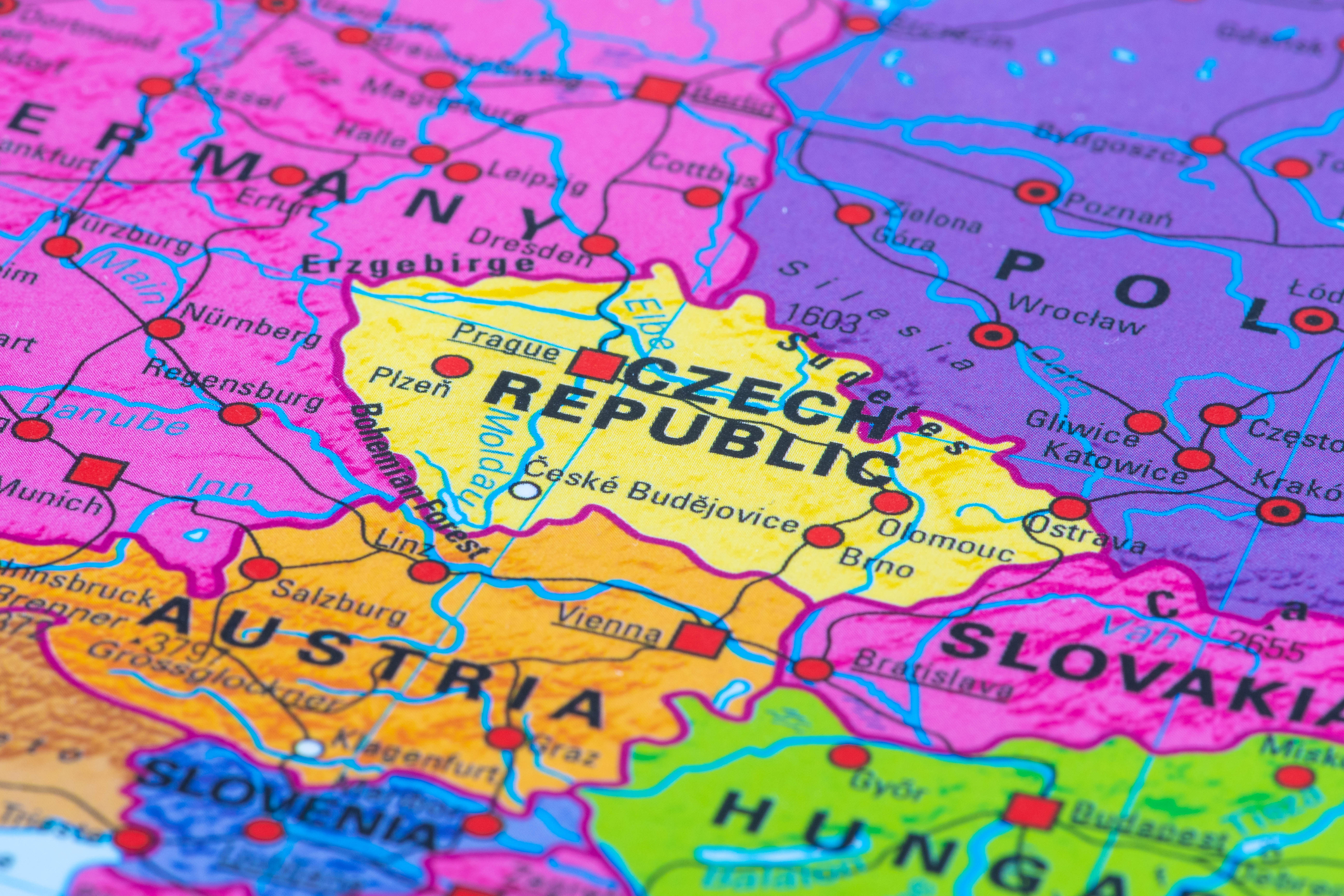Prague’s Munitions Initiative for Ukraine Doesn’t Czech Out
If you are a foreign official visiting Prague, the capital of the Czech Republic, Prime Minister Petr Fiala will undoubtedly urge you to praise and contribute to his munition’s initiative. While many praise it, few are willing to back their words with financial support, and perhaps for good reason.
The controversy began when President Petr Pavel announced at the Munich Security Conference that Czechia had identified 500,000 155 mm and 300,000 122 mm caliber artillery shells for Ukraine from producers outside the European Union (EU). According to Pavel, these shells could be delivered within weeks if funding was secured.
In March, President Pavel further claimed that with Norway’s contribution, all necessary funds had been raised and that the shells would be delivered soon. However, Tomáš Pojar, the official responsible for the munitions initiative, clarified, “I assume that the President meant the coverage of the first batch, not the entire initiative. We definitely haven’t raised funds for the entire initiative yet.”
President Volodymyr Zelensky of Ukraine remained skeptical, stating, “We can talk about a positive result only when the shells will be in Ukraine.”
A few days later in March, Prime Minister Fiala announced on social media, “So far, we have managed to raise enough money for the purchase of the first delivery of 300,000 artillery shells to aid Ukraine. However, the Czech initiative aims to send much more support. The search for partners continues.”
At the end of May, Fiala reported, “Fifteen European Union and North Atlantic Alliance countries have already contributed over 1.6 billion euros (39.5 billion Czech korunas) to the Czech munitions initiative. The first tens of thousands of 155 mm caliber ammunition rounds will arrive in Ukraine in June. The country can expect the first shipment in the coming days.”
However, Defense Minister Jana Černochová contradicted Fiala, stating, “Eighteen countries have so far joined the Czech initiative to purchase ammunition for Ukraine, but only four—Canada, Denmark, the Netherlands, and Portugal—have actually provided funds.”
In the same month, the Czech opposition began questioning the pricing and contracting beneficiaries of the munition’s initiative, suspecting impropriety. Instead of addressing these concerns transparently, Minister Černochová responded defensively, without disclosing the pricing and the beneficiaries.
The lack of transparency is troubling.
Czech officials readily disclose quantities and timelines but refuse to reveal prices. There is no national security reason for keeping prices secret; the only plausible reason is to avoid potential scandal due to corruption and waste. Moreover, the concentration of contracts with a single private arms trader could expose the initiative to significant risks.
Diversifying supply sources is critical to ensuring reliable delivery, especially in wartime, and opposition leader Andrej Babiš is right to question the lack of involvement of government entities. Large purchases of sensitive items – like munitions – are usually executed on a government-to-government basis, such as the American Foreign Military Sales program.
The Czech government’s opacity is a serious concern, given past scandals involving the ruling ODS party, such as the 2013 police raid on former Prime Minister Petr Nečas’s office. Prime Minister Fiala was a member of Nečas’s cabinet, where allegations included the abuse of power at the military intelligence agency. Recently, the sudden dismissal of Jan Beroun, Director of the republics military intelligence service, following his return from Washington D.C. with the Prime Minister, raises further more questions.
Should a scandal involving the misuse of allied funds erupt, implicating key figures like Fiala, Pojar, and Beroun, it would severely undermine allied trust in Czechia’s attempt to support Ukraine — a win for Russian leader Vladimir Putin.
Transparency by the Czech government is essential to maintaining trust and cooperation among allies in this critical time.
James Durso (@james_durso) is a regular commentator on foreign policy and national security matters.
Mr. Durso served in the U.S. Navy for 20 years and has worked in Kuwait, Saudi Arabia, and Iraq.
Credit Graphic: Photo 179434055 | Czech Republic © Michele Ursi | Dreamstime.com

